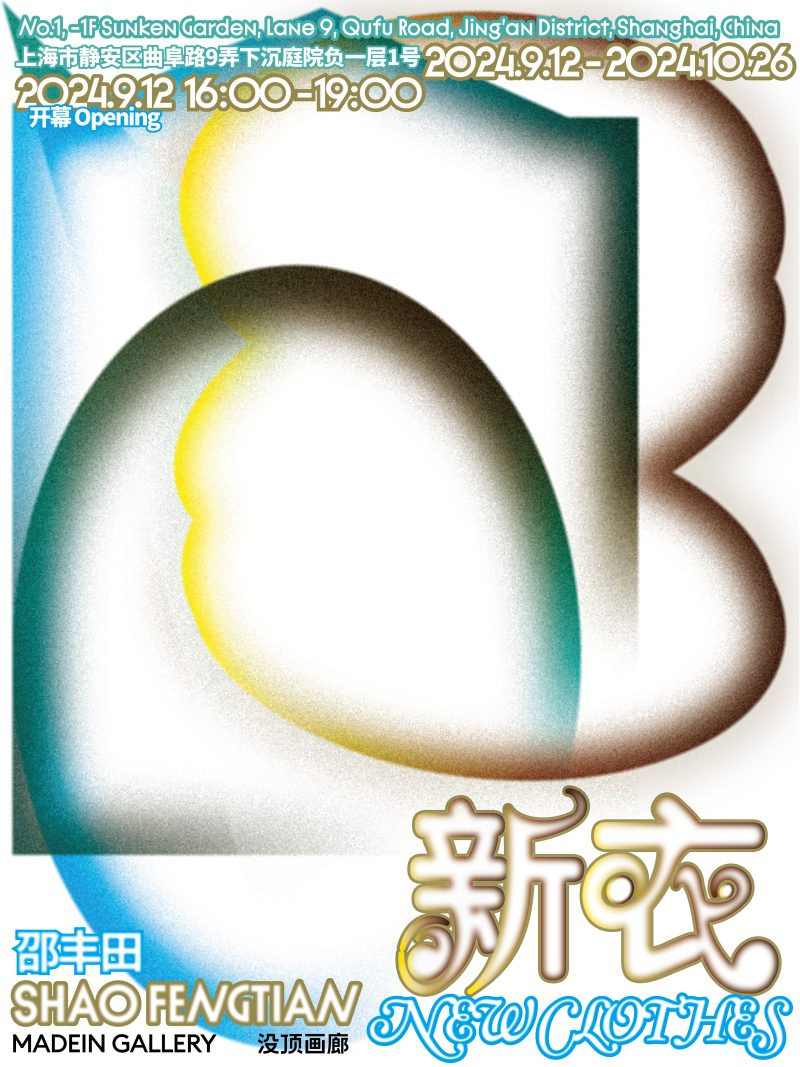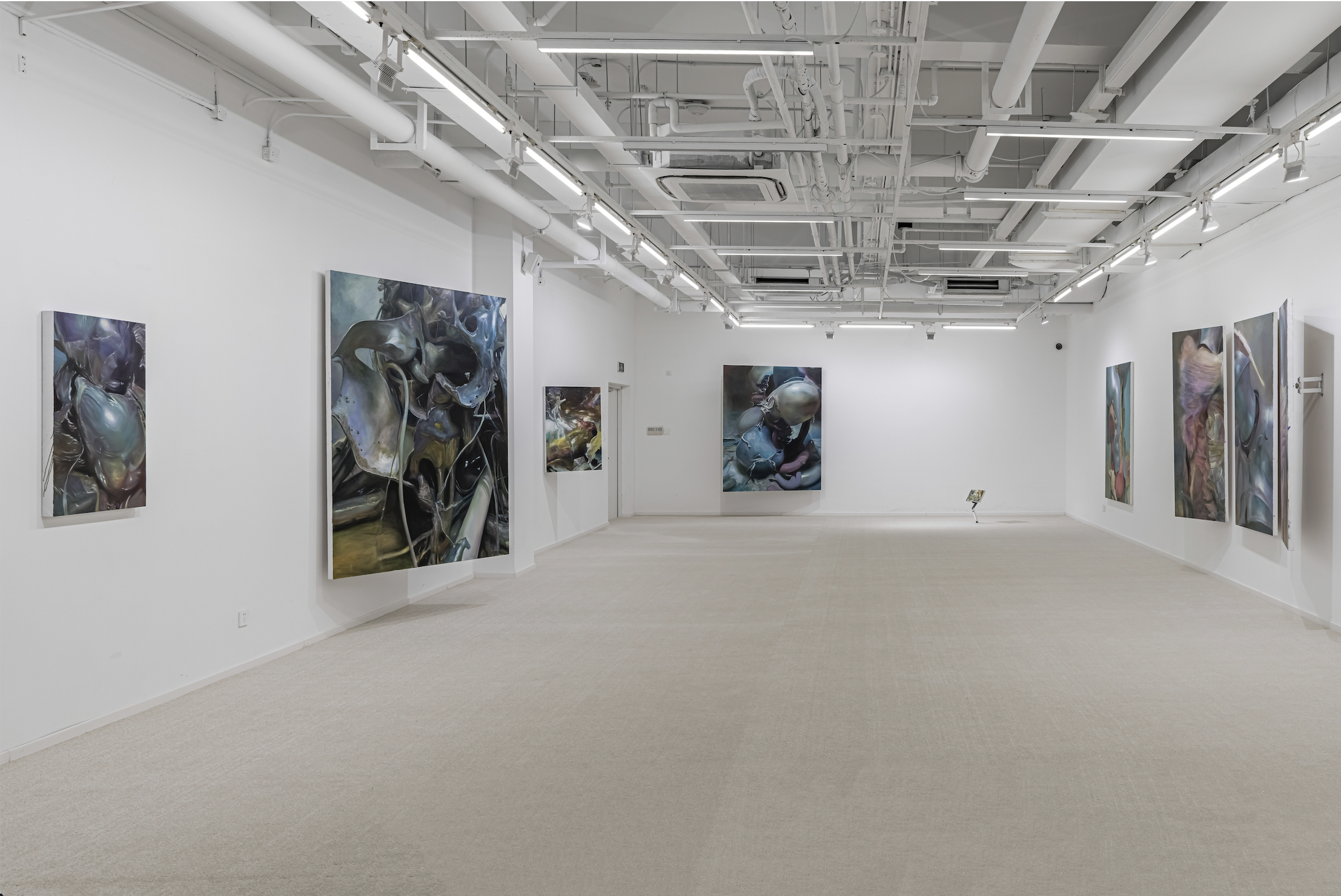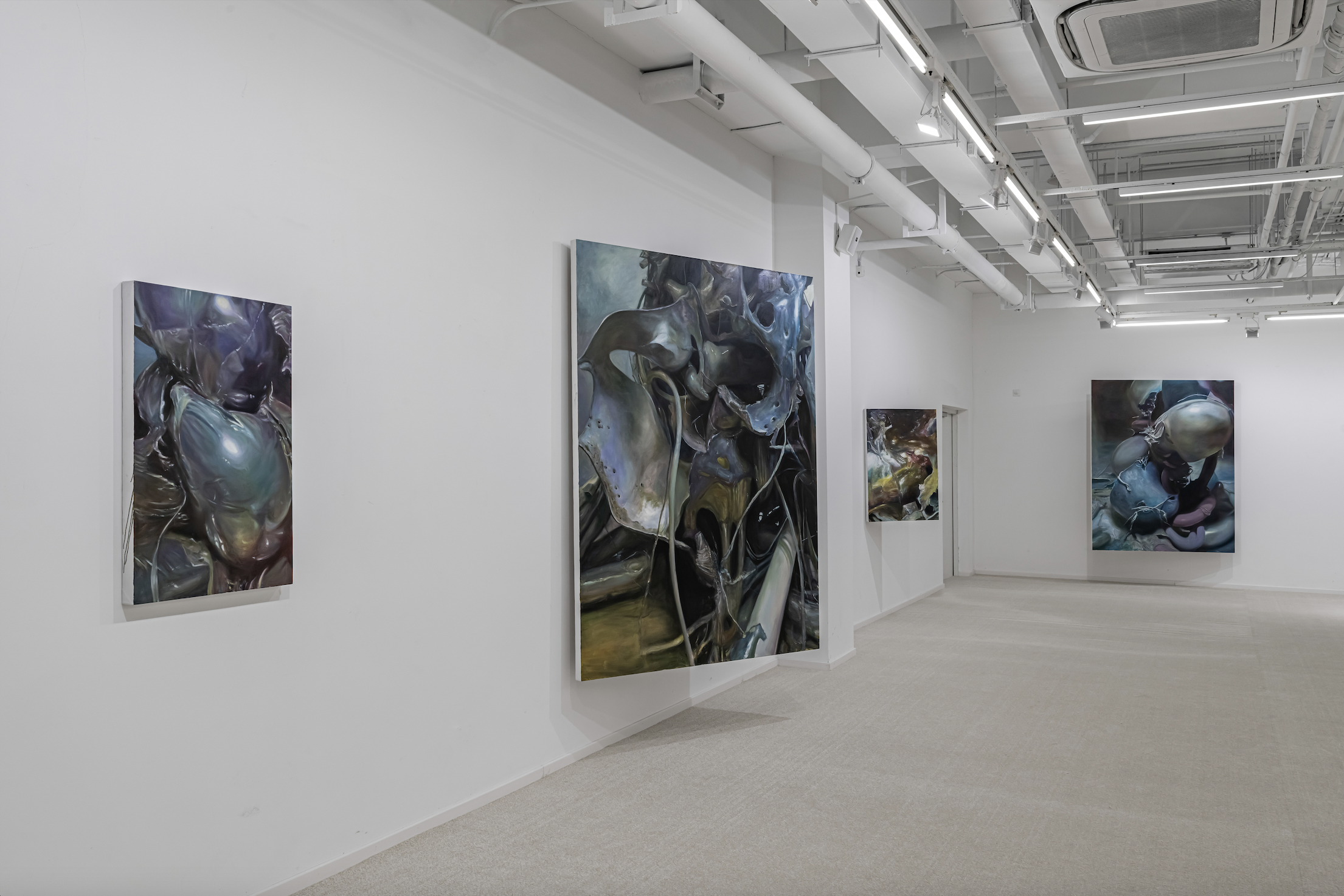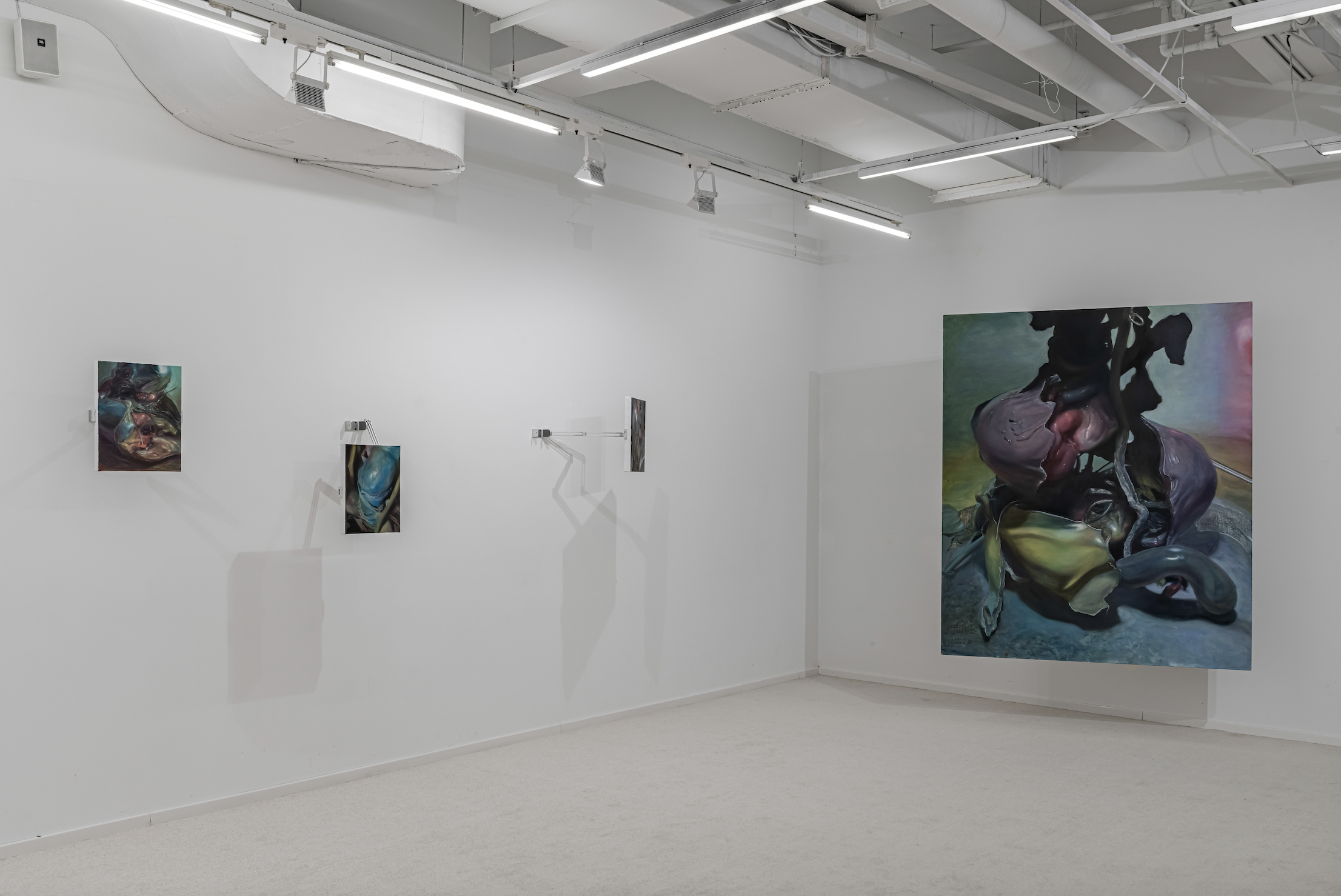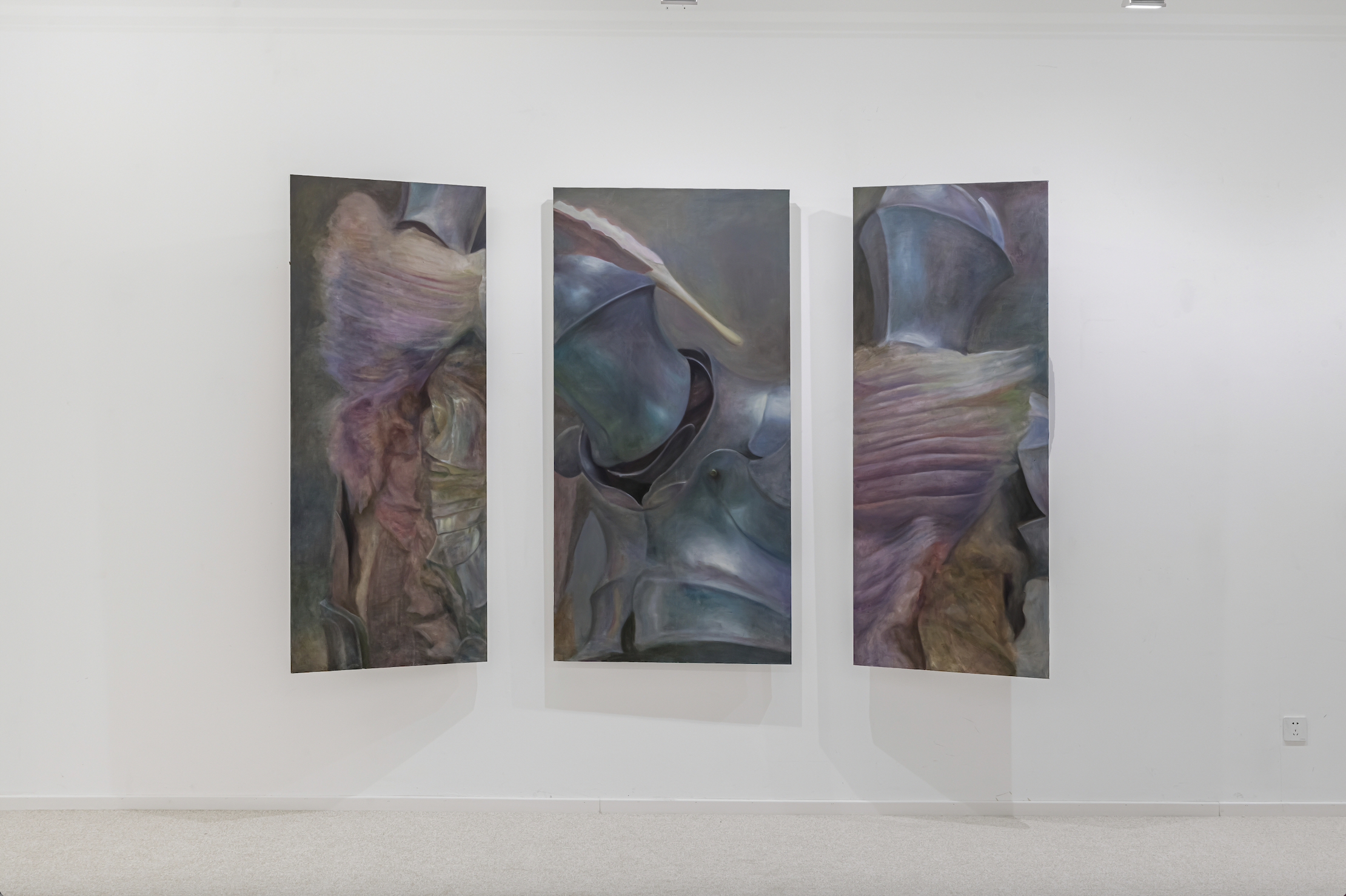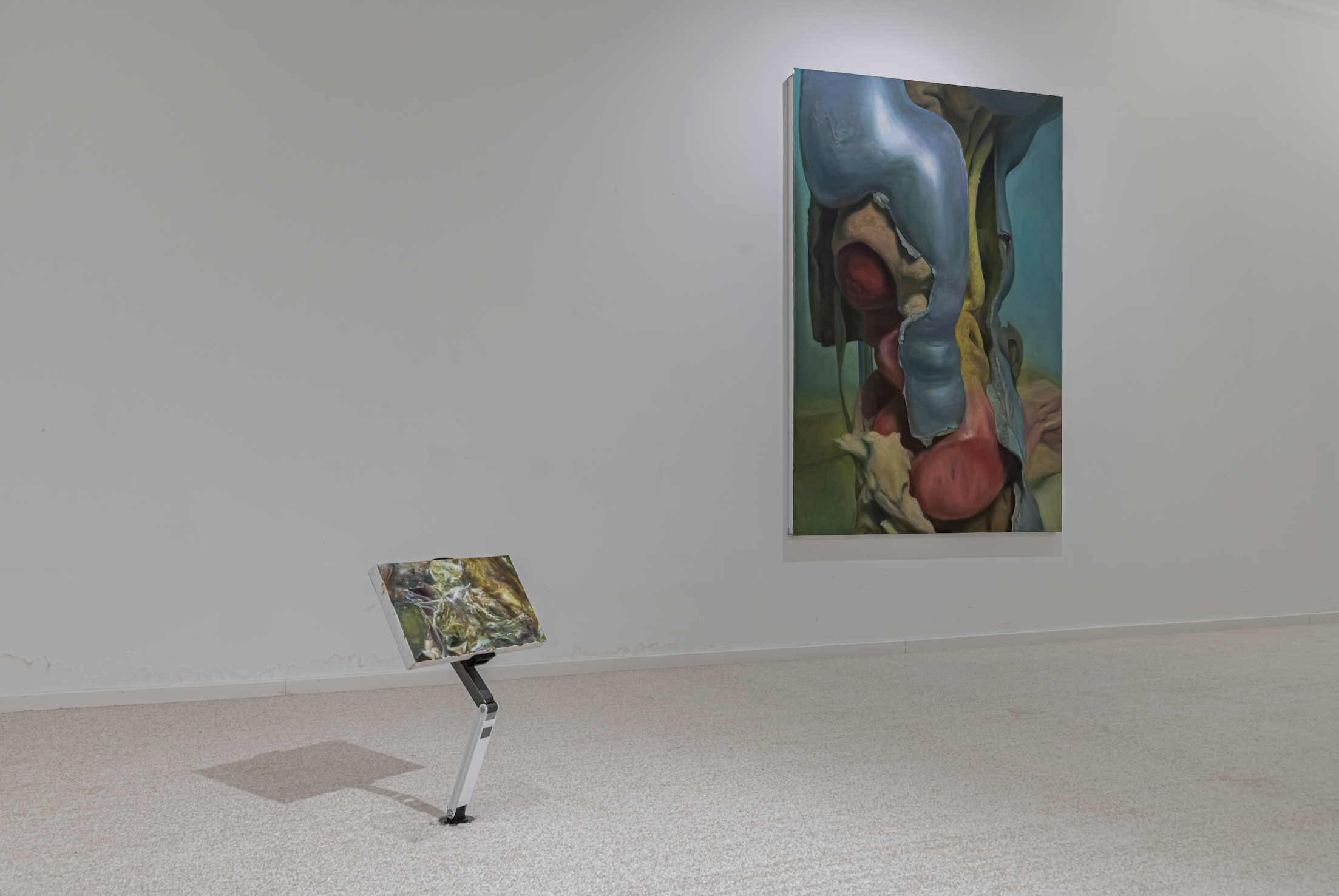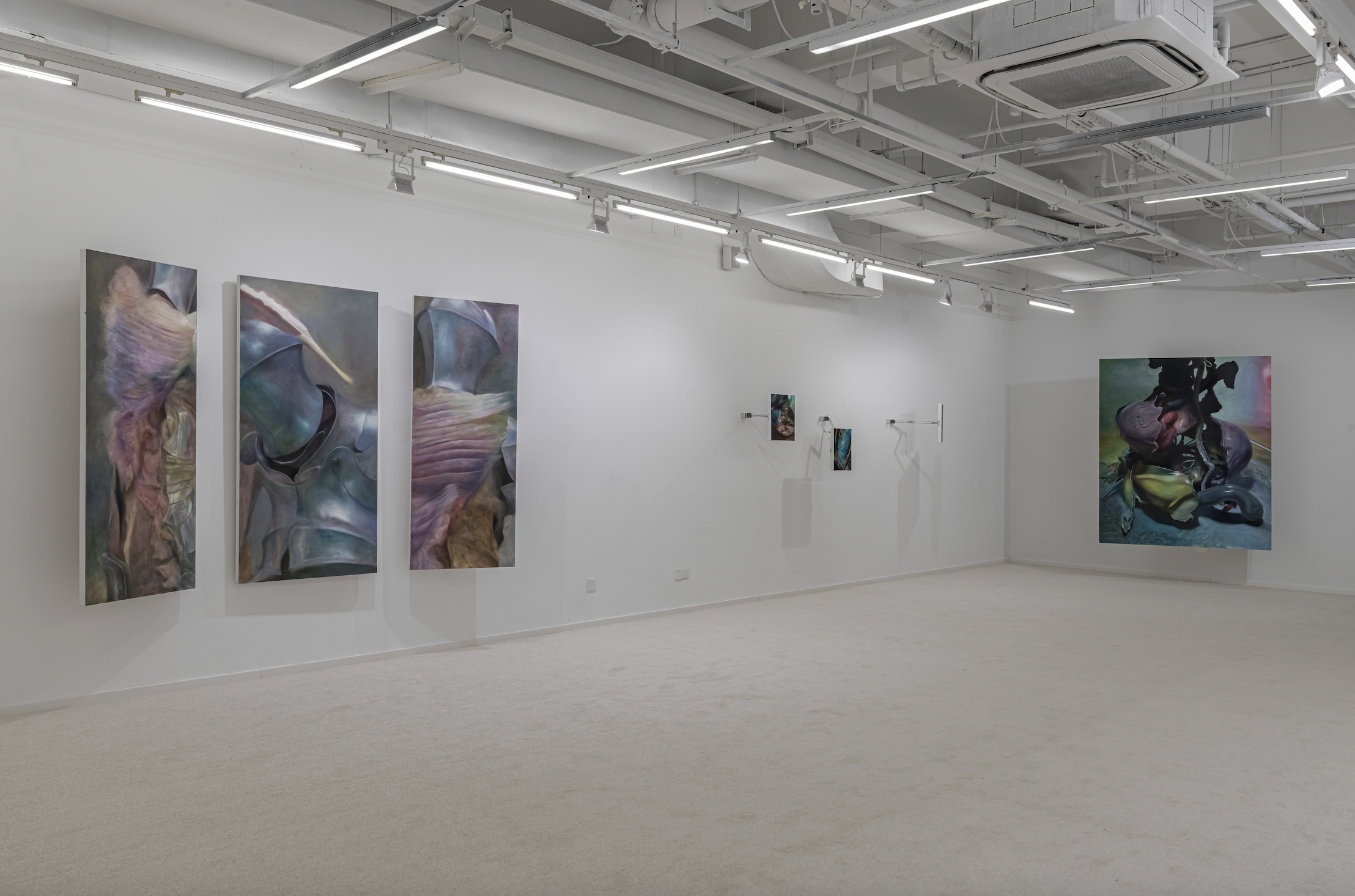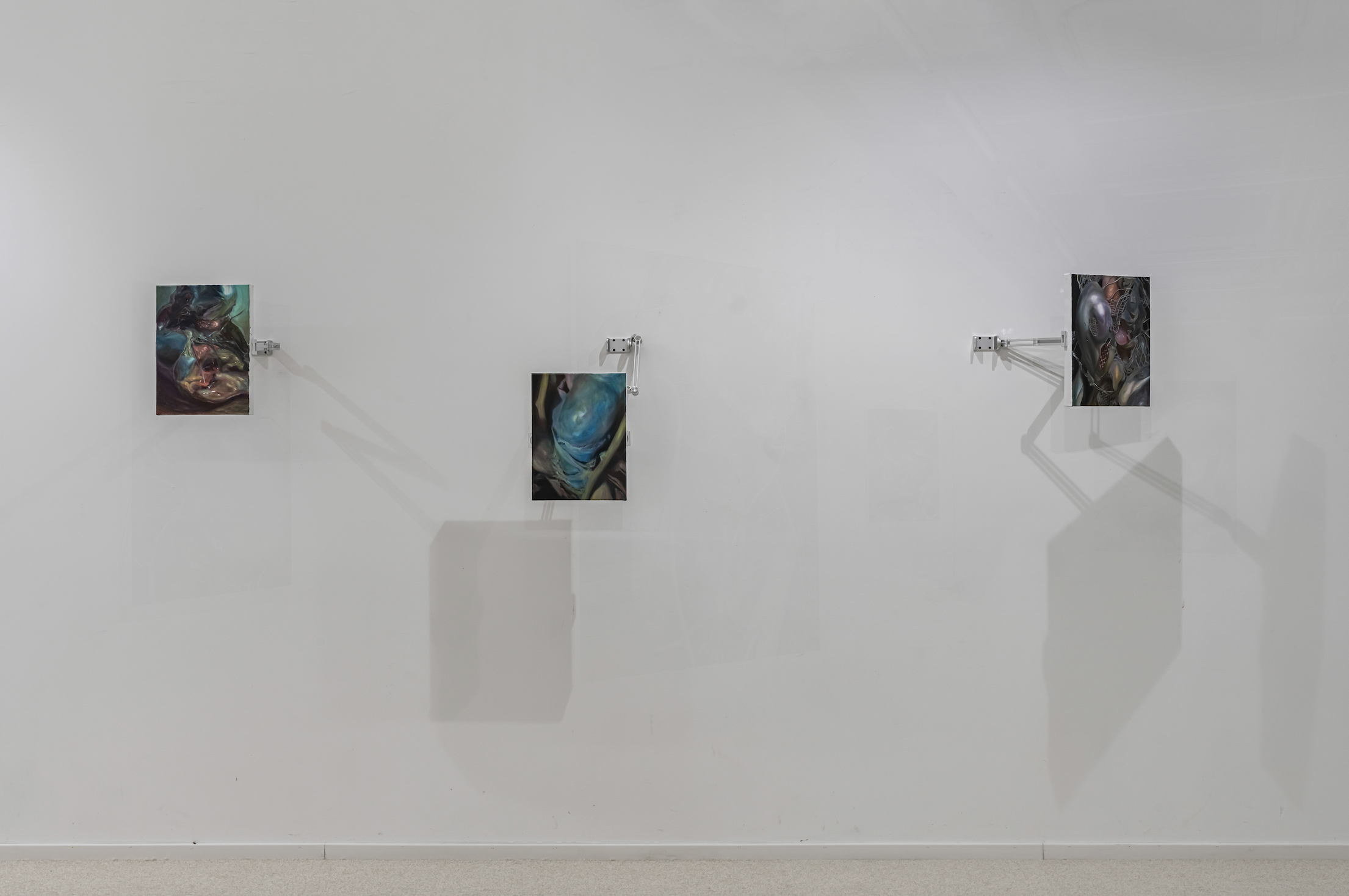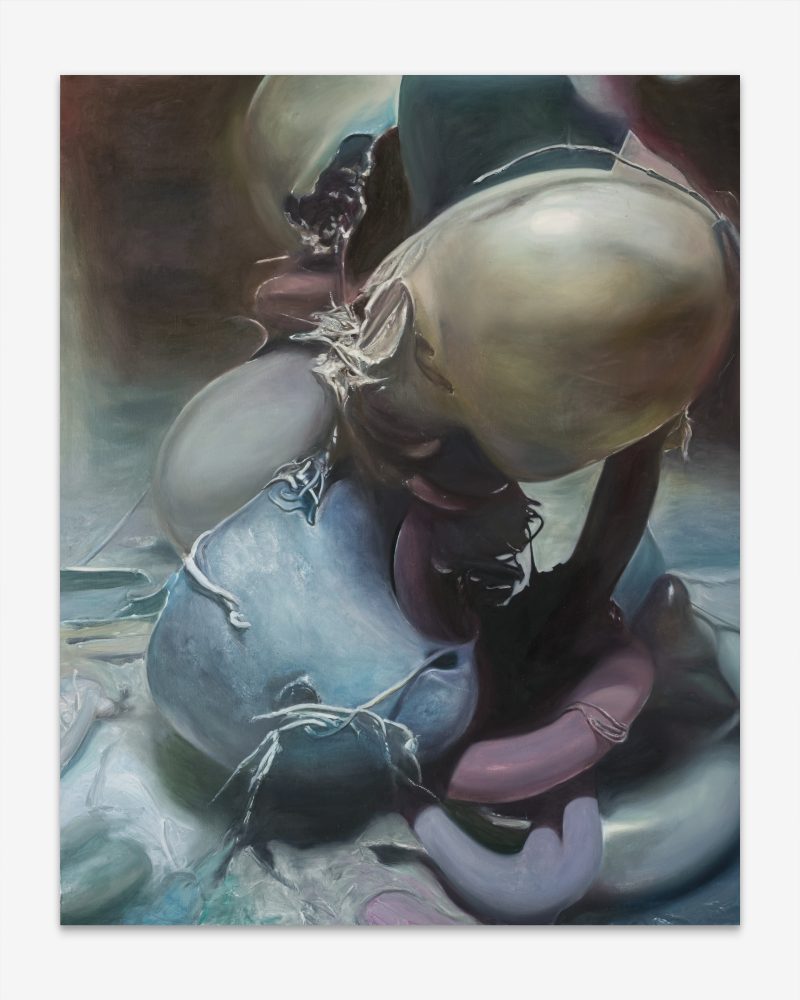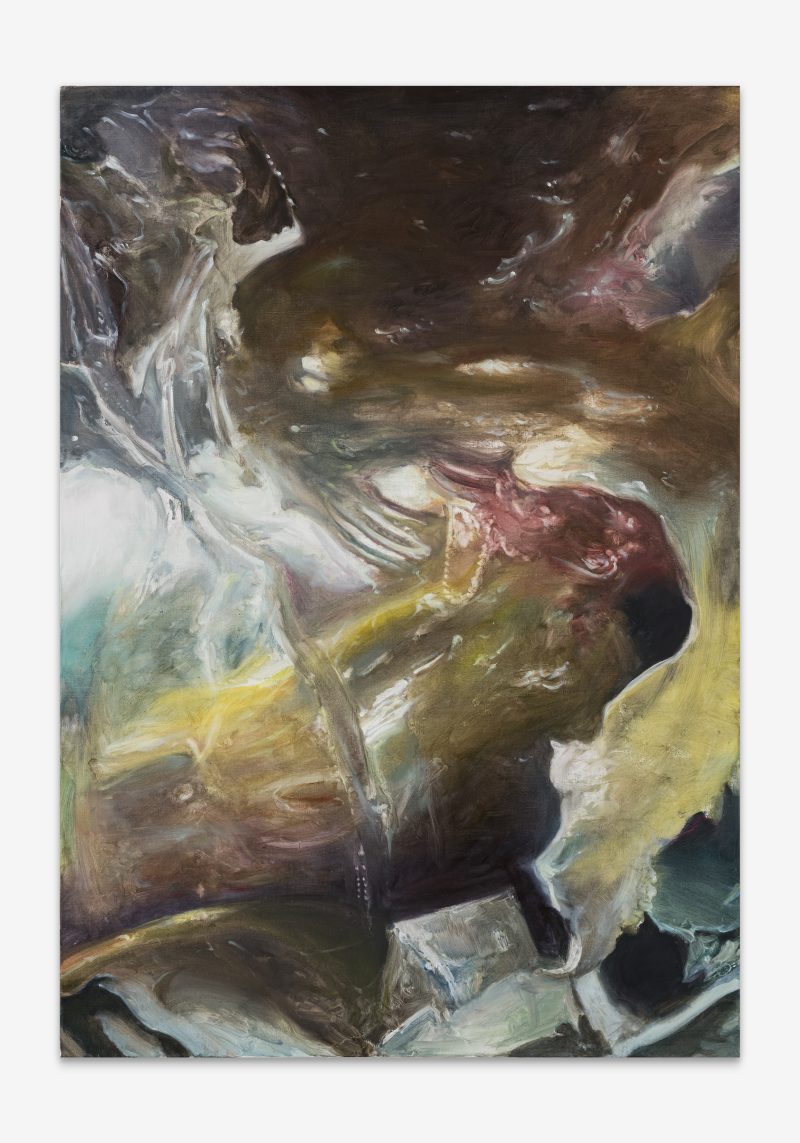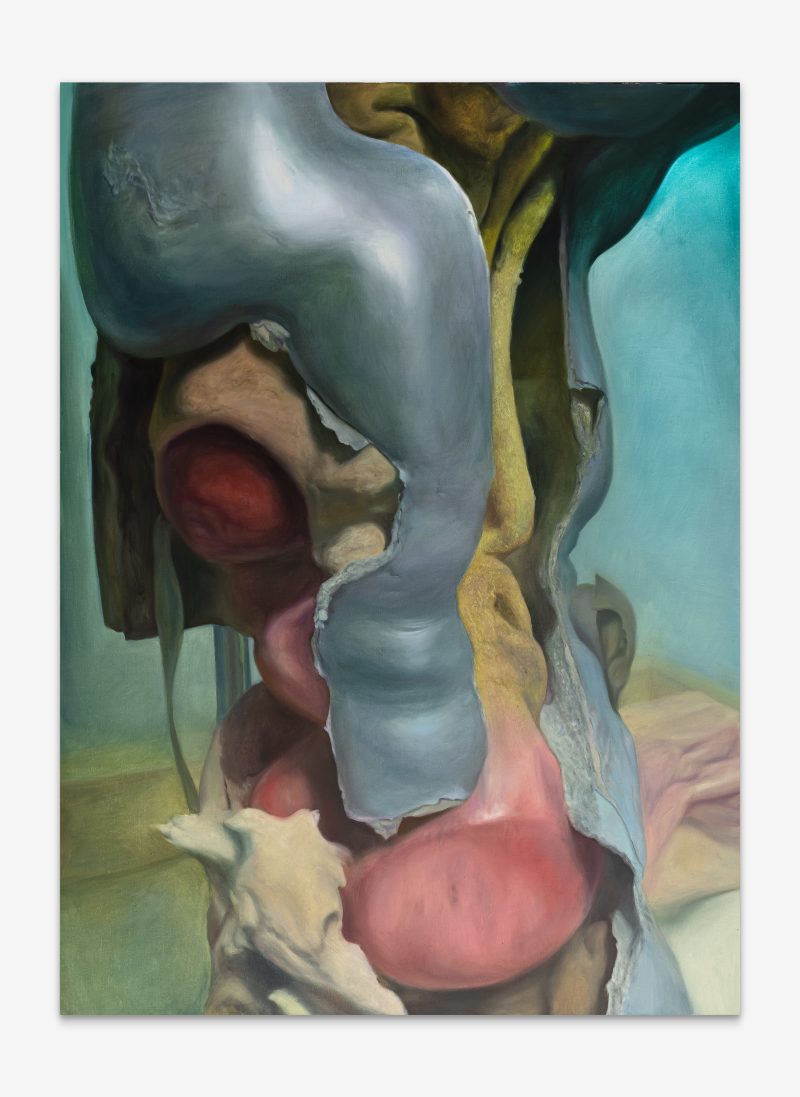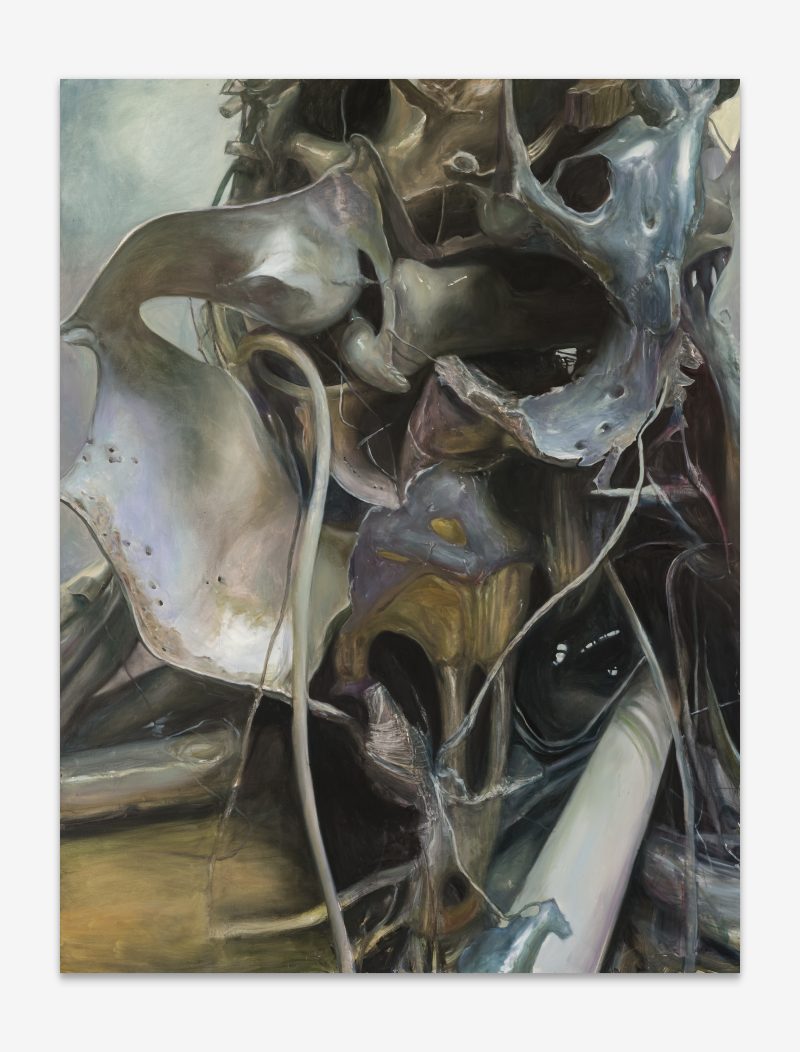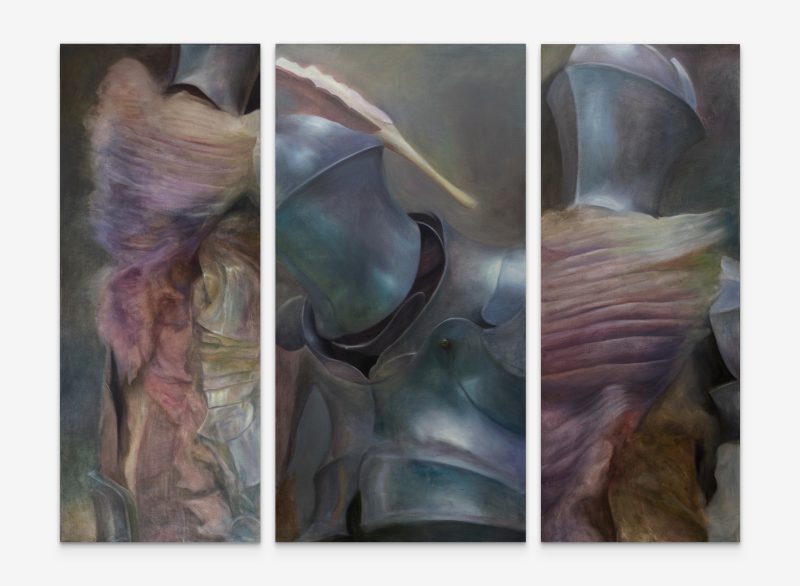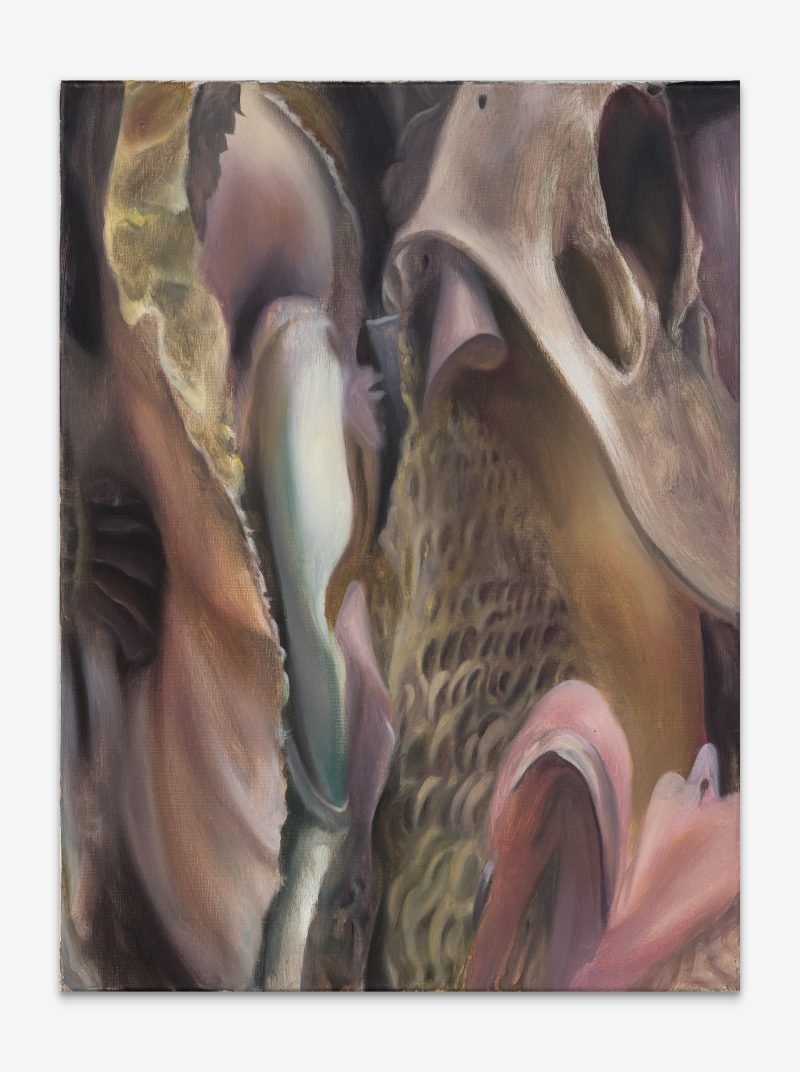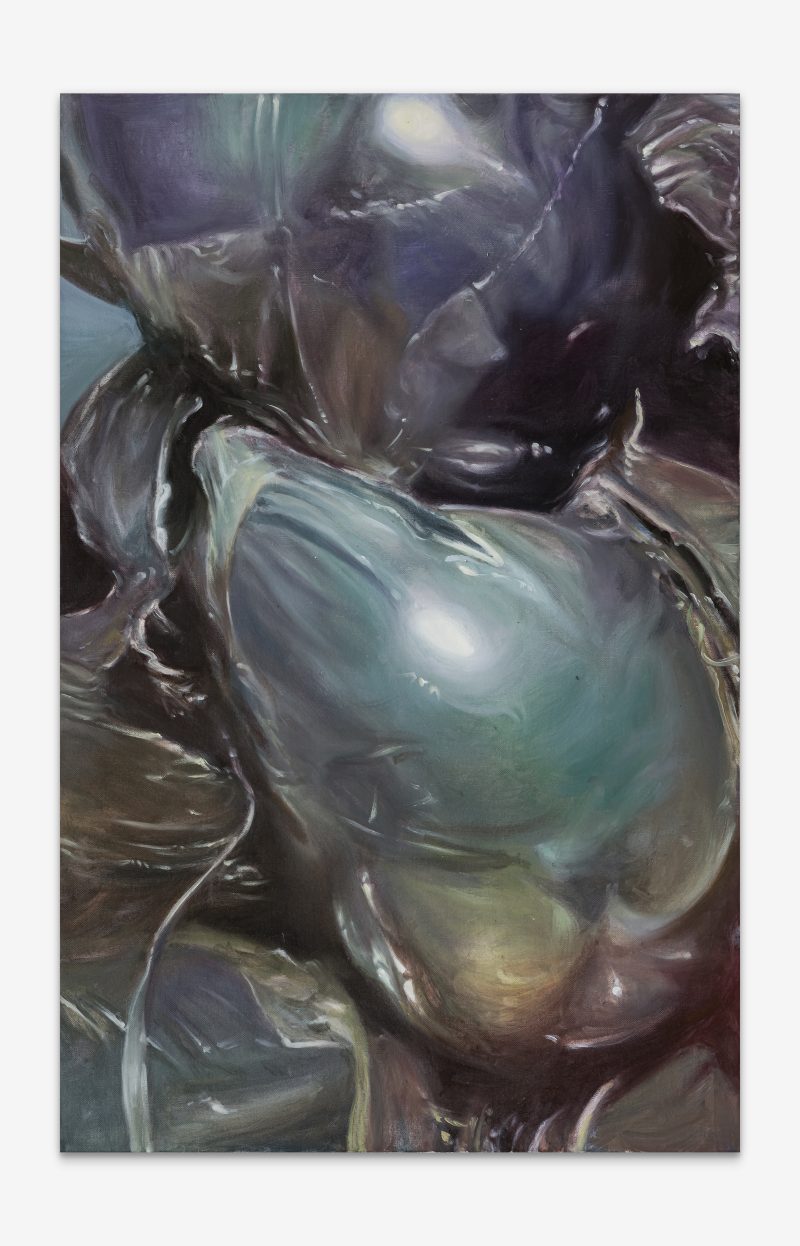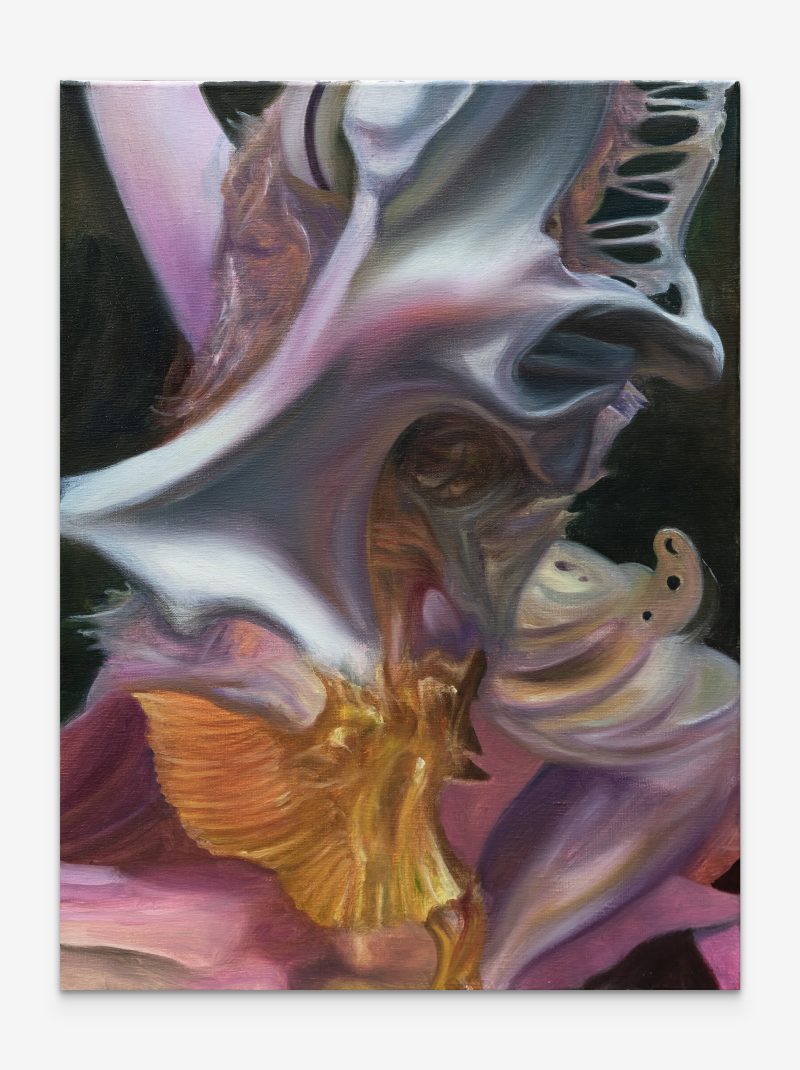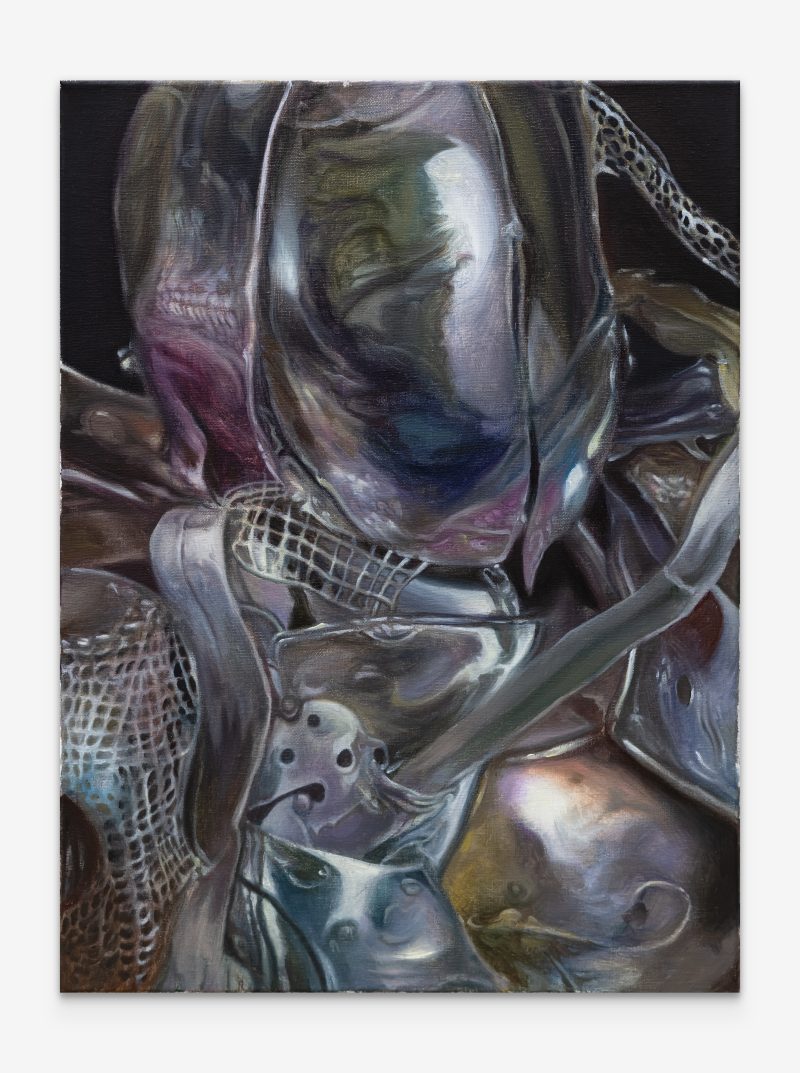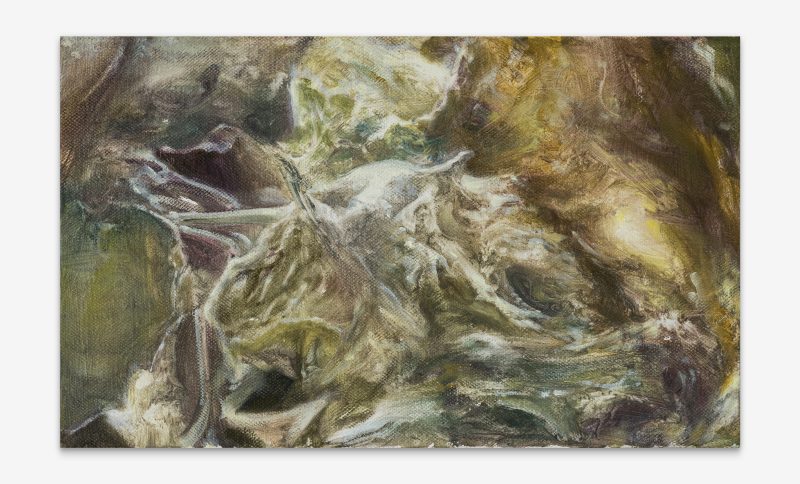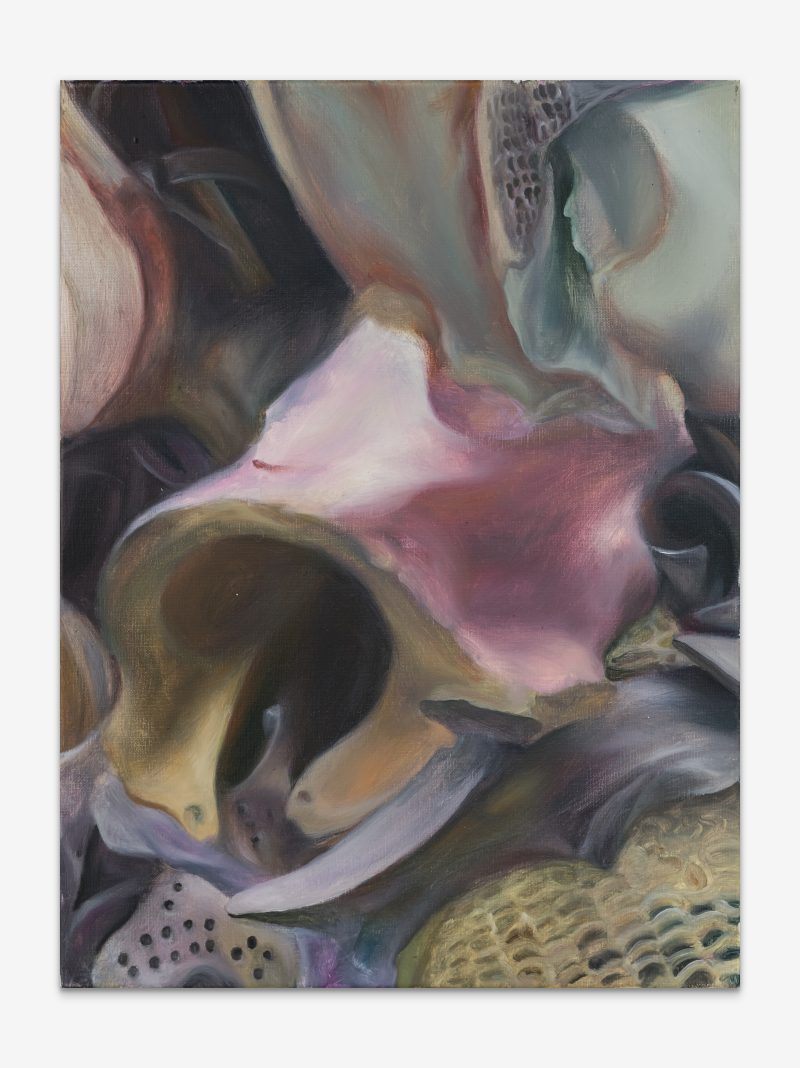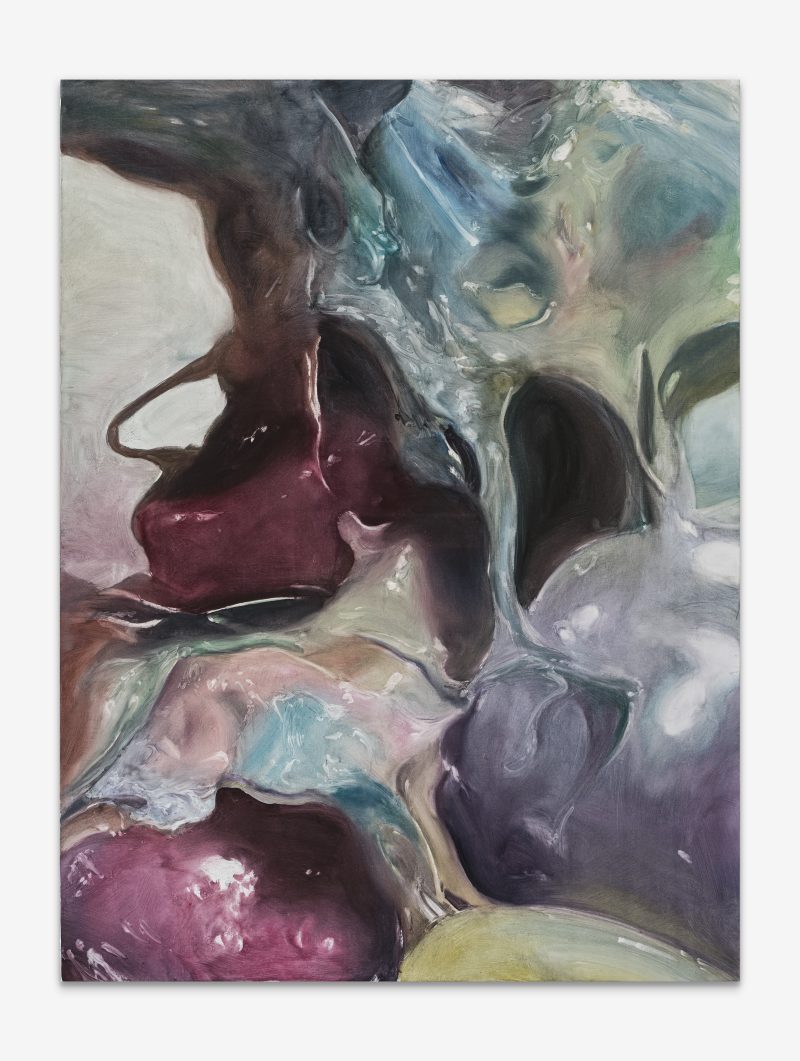Shao Fengtian: New Clothes
Sep 12 – Oct 26, 2024
- Opening hours
10 : 00 – 18 : 00
Tuesday – Saturday - Location:
No. 1, -1F Sunken Garden, Lane 9, Qufu Road, Jing’an District, Shanghai
- Location:MadeIn Gallery, No.1, -1F Sunken Garden, Lane 9 Qufu Road, Jing’an District, Shanghai
- Artist:
MadeIn Gallery is pleased to present Shao Fengtian’s solo exhibition “New Clothes” on Sep 12, 2024. Featuring his latest paintings, this is the artist’s first solo exhibition with the Gallery and focuses on his exploration of posthuman subjectivity through the medium of painting.
Borrowing the methodology of traditional landscape painters, Shao makes sketches from the “nature” that comes into being as a result of his engagement with artificial intelligence. Real images are constantly hurled into huge AI factories, where they undergo repeated struggles in assembly-line-style operations and lose their functionality as the signified as much as possible. The artist then integrates and reorganizes such images, transforming them into a “landscape” that functions as the signifier. Correspondingly, with the advent of digital technologies including AI, those who view and depict this “landscape” are stripped of the privilege of a priori grasping the truth and holistically understanding the world. Faced with such a dilemma of the contemporary subject, Shao charts possible paths for self-consistency between the painter’s aesthetic and cognitive experiences.
Taken from Andersen’s fairy tale “The Emperor’s New Clothes”, “New Clothes” is an epistemological interrogation of how the exhibition, as a grand “performance”, takes effect, as well as an infinitely suspended carrier of the emperor’s (artist’s) desire. How to use desire as a driving force to present a pure and empty form is Shao’s primary concern in the exhibition. It is only in the eternal delay of desire satisfaction and in the audience’s viewing of “new clothes” (paintings) that the emperor’s (artist’s) formal performance is rendered effective and the viewer’s own desire unmasked. Subsequently, perhaps someone utters the “truth”, or the emperor takes off his “new clothes”; images that are given meaning by humans then disappear, together with humans themselves, from knowledge. That would be when Shao could discourse with his brush, rather than understand with reason, thereby envisioning an anonymous knowledge system without subject.
